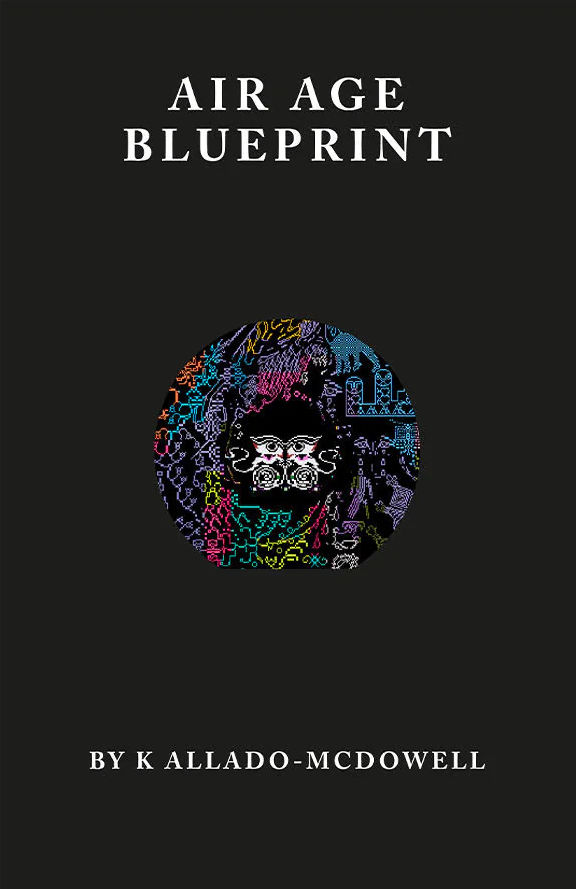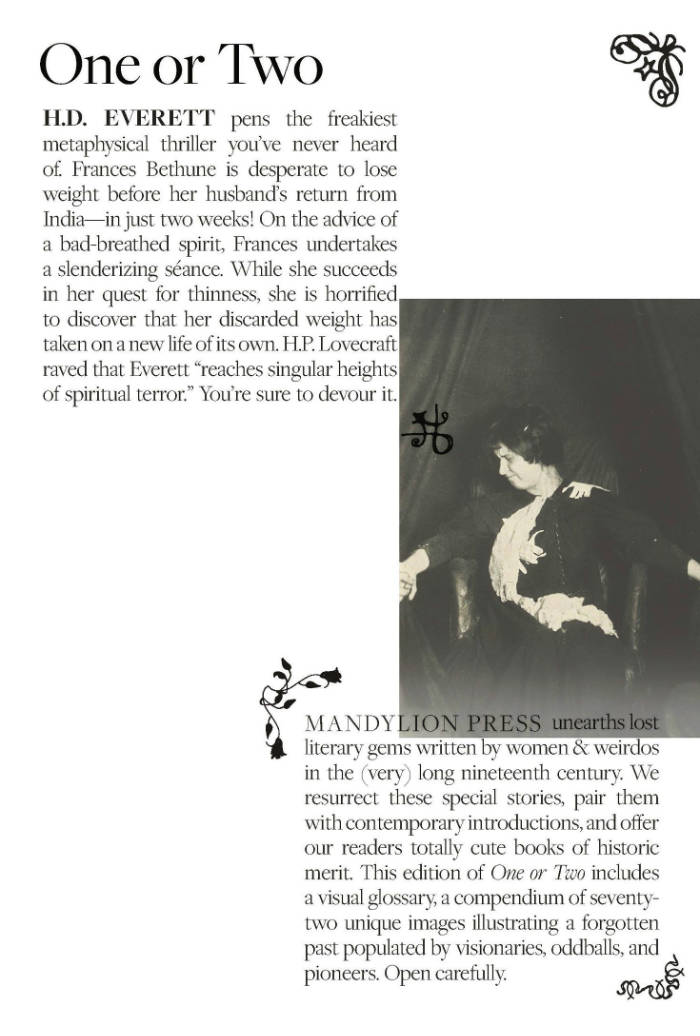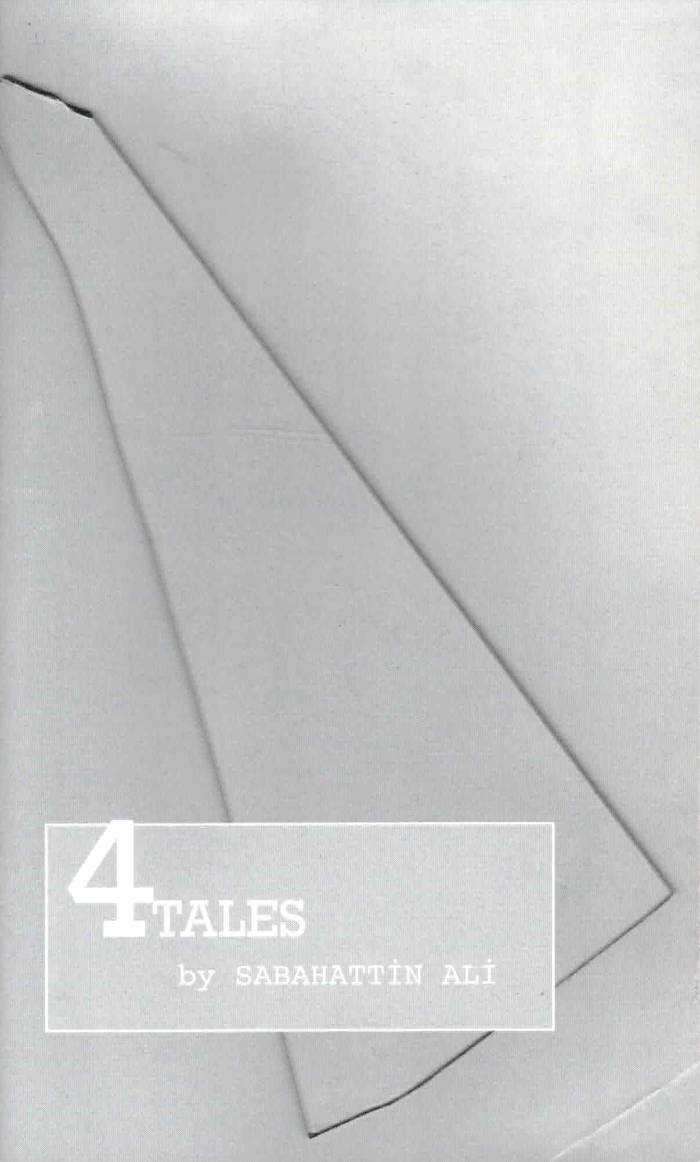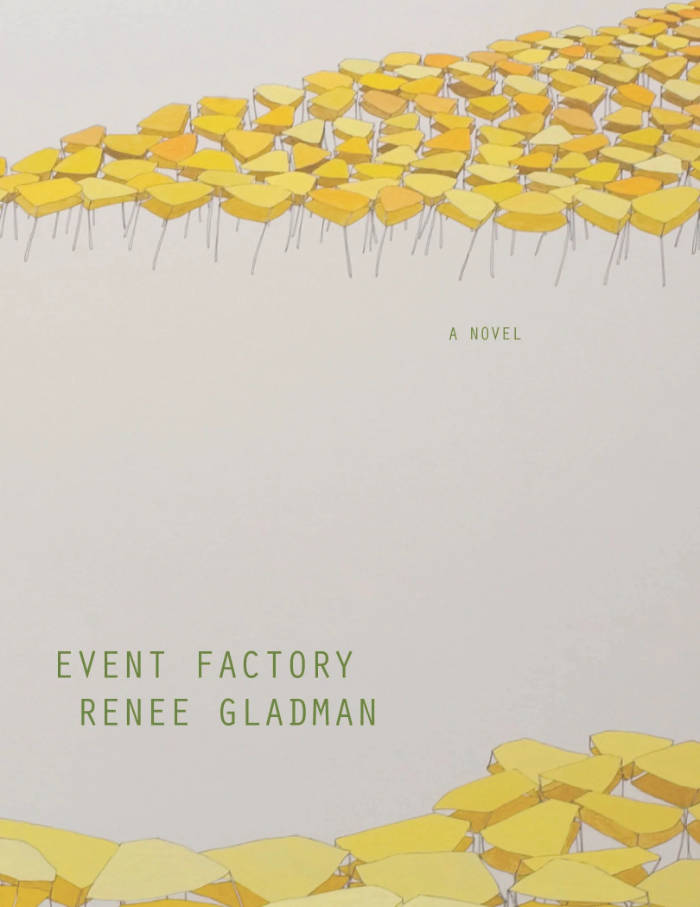Dear Miss Maxfeld . . . What I’m really afraid of is that I am a homosexual human being. I wish you were one too but I don’t think it’s possible there could be so many in one school, do you? Probably there is only one person who is homosexual in one place at one time and that one person (I am afraid) is me . . .
After sixteen-year-old Lynn writes her thirty-seven-year-old English teacher a letter they embark on one of the funniest and saddest love affairs in fiction, shrouded in secrecy and guilt. Set in the year Kennedy was shot, all Lynn knows about “lezbos” is that they wear their hair in crew cuts, buy suits like her father’s, and sprout mustaches over their upper lips. Trying to pass, Lynn continues to neck with her boyfriend and make bigoted jokes with her friends. Feigning innocence with her parents, each night she checks the mirror for tell-tale signs of perversion. Profound, witty, poignant, and highly charged, In Thrall is the first in Jane DeLynn’s trilogy of novels on sexuality and authority. It is as believable in its depiction of a closeted teen as it is heartbreaking.
With an introduction by Colm Tóibín
Flawless comic timing. —Colm Tóibín, from the Introduction
All Lynn’s phobias, aversions and hang-ups make her exaggerated but real . . . The great triumph of this novel is that DeLynn has captured the way adolescents felt, talked, and behaved during the early 1960s. —San Francisco Chronicle
A dazzlingly gritty exposure of a girlhood experience usually neglected by both private and public consciousness. —Reba Maybury





